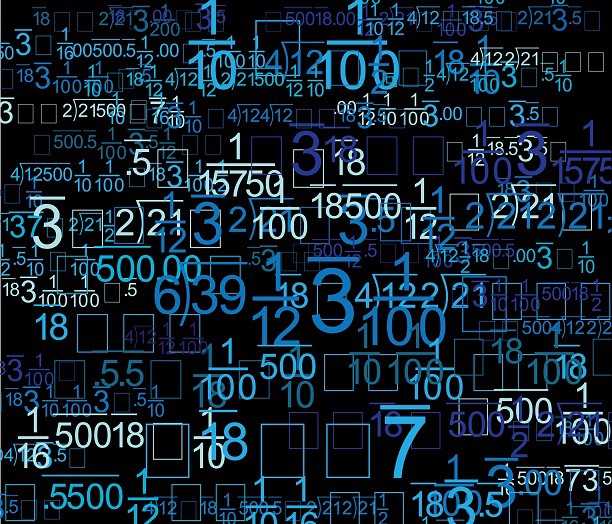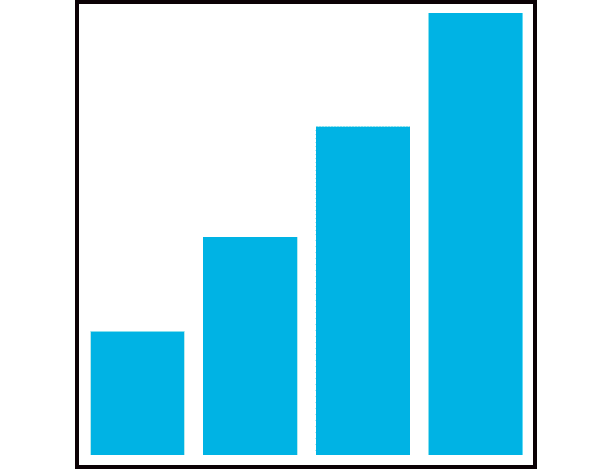On Ethereum Classic Mining Rewards With The New Monetary Policy
2018/02/22 Christian Seberino
Ethereum Classic (ETC) mining rewards changed with the new monetary policy. I will discuss these changes and their effects.
New Formula
ETC miners are rewarded for adding valid blocks to the ETC blockchain. These rewards consists of three parts:
Base Rewards - This part depends on the block numbers. It is paid with newly created funds. Every five million blocks (about 2.5 years) this part decreases by 20%. Initially it was 5 ETC. It changed to 4 ETC after block number five million. It will change again to 3.2 ETC after block number ten million around April 2020.
Define the block era E as a function of the block number N as follows (// denotes integer division):
E = (N - 1) // 5000000
Then the base reward is as follows:
5 ⋅ 0.8ᴱ
Uncle Rewards - This part depends on the number of uncle blocks included as well as the block numbers. It is also paid with newly created funds. Each block can include at most two uncle blocks. The reward for each uncle block is an additional 3.125% of the base reward. It is now 0.125 ETC per uncle block and will change to 0.1 ETC after block number ten million.
For the block era E and number of uncles U, the total uncle reward is as follows:
0.03125 ⋅ U ⋅ (5 ⋅ 0.8ᴱ )
After block number five million, miners that create the uncle blocks also get this same reward per uncle block.
Gas Rewards - This part depends on the transactions included. It is paid from the originating accounts. Miners execute the transactions and receive payments for the gas required. Each transactions specifies a price paid per unit gas.
For gas requirements G₁, G₂, G₃, … and gas prices P₁, P₂, P₃, …, the total gas reward is as follows:
G₁ ⋅ P₁ + G₂ ⋅ P₂ + G₃ ⋅ P₃ + …
Therefore, the total reward for creating a block is the following:
(1 + 0.03125 ⋅ U ) ⋅ (5 ⋅ 0.8ᴱ ) + G₁ ⋅ P₁ + G₂ ⋅ P₂ + G₃ ⋅ P₃ + …
Example Calculations
Here is a Python script that uses this mining reward formula to calculate mining rewards:
#!/usr/bin/env python3
BASE_INITIAL = 5
BASE_PERCENT = 0.8
UNCLE_PERCENT = 0.03125
N_ERA_BLOCKS = 5e6
def mining_reward(block_number, num_uncles, gas_reqs, gas_prices):
"""
Calculates mining rewards from block information. The gas
information must be provided in lists or tuples. The gas
prices must be in ETC.
"""
era = (block_number + 1) // N_ERA_BLOCKS
base_reward = (BASE_PERCENT ** era) * BASE_INITIAL
uncle_reward = UNCLE_PERCENT * base_reward
uncle_rewards = num_uncles * uncle_reward
gas_rewards = 0
for (gas_req, gas_price) in zip(gas_reqs, gas_prices):
gas_rewards += gas_req * gas_price
return base_reward + uncle_rewards + gas_rewards
Here are some example calculations on real ETC blockchain data:
>>> mining_reward(5425392, 0, [], [])
4.0
>>> mining_reward(5423326, 1, [], [])
4.125
>>> mining_reward(5424471, 0, [36163, 36163] , [2e-8, 2e-8])
4.00144652
>>> mining_reward(5421363, 1, [21000, 21000, 21000, 21000, 21000], [5.5e-8, 2e-8, 2e-8, 1.6e-8, 1e-8])
4.127541
Total Supply
The new monetary policy bounds the supply of ETC. Notice only the base and uncle rewards increase the supply since the gas rewards just transfer existing funds. Because the uncle rewards vary, the eventual total supply of ETC can only be approximated.
The formula for the future increase in supply per era, assuming a constant number of uncle blocks, is the following:
5000000 ⋅ (1 + 2 ⋅ 0.03125 ⋅ U ) ⋅ (5 ⋅ 0.8ᴱ )
The factor of 2 is necessary to include the uncle block creator rewards. The total supply can be estimated from this formula by adding the contributions for the remaining eras. Era 192, which will occur in about 456 years, is the last era which increases the supply.
Assuming no more uncle blocks gives a lower bound of about 198.3 million ETC. Assuming the maximum number of uncle blocks gives an upper bound of about 210.6 million ETC.
Conclusion
The new monetary policy modifies mining rewards and limits the total supply of ETC. Hopefully all the details are now more clear.
Feedback
You can contact me by clicking any of these icons:
Acknowledgements
I would like to thank IOHK (Input Output Hong Kong) for funding this effort.
License
This work is licensed under the Creative Commons Attribution ShareAlike 4.0 International License.








